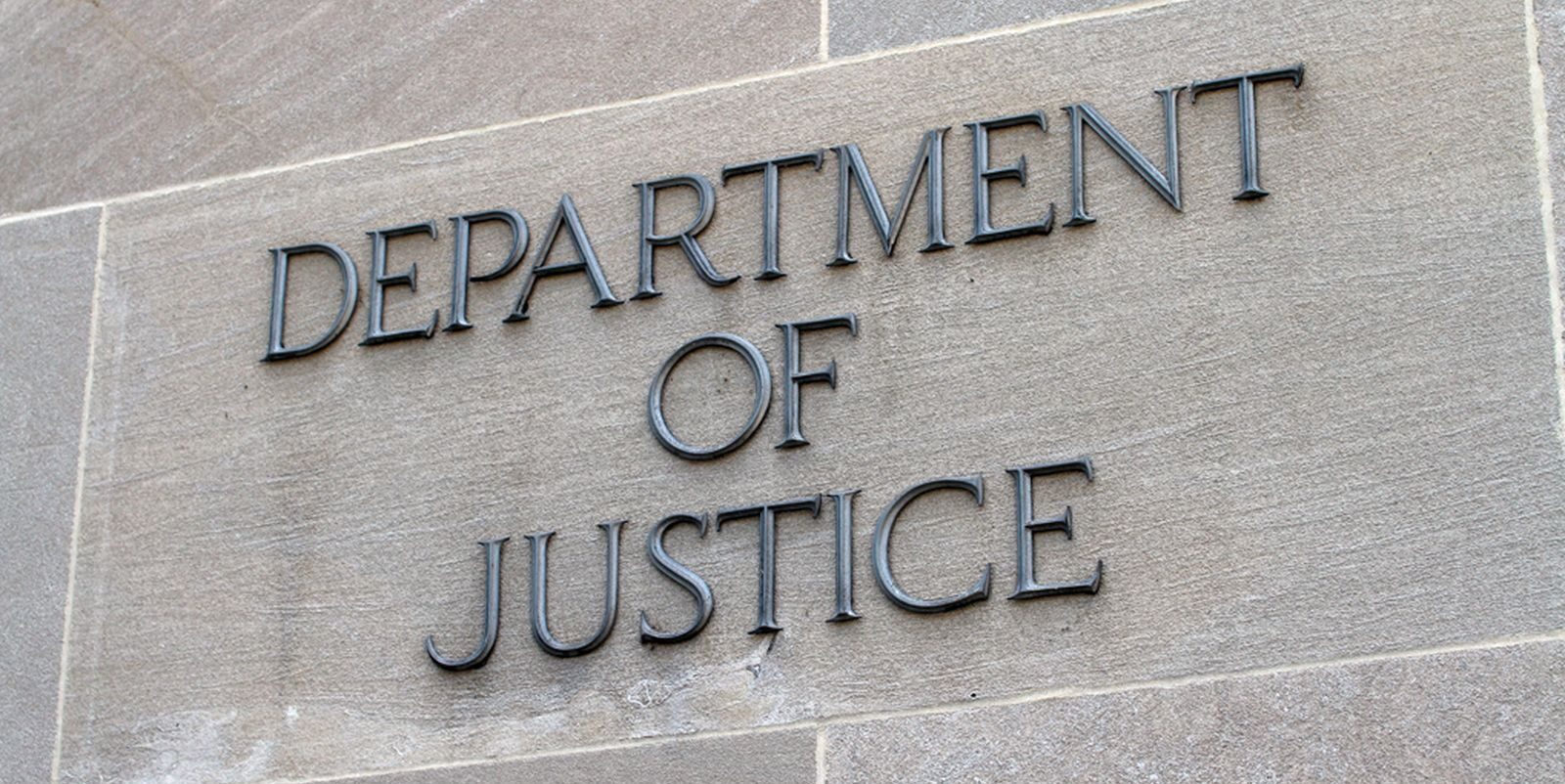Settlement to Address Racial Discrimination and Harassment at Highland Community College
Summary
- The Justice Department investigated allegations of discriminatory treatment against Black students at Highland Community College in Kansas.
- The settlement requires the college to improve transparency and fairness in disciplinary proceedings and enhance policies and training on campus security to prevent discrimination.
- HCC will also strengthen policies and procedures for addressing students’ complaints of racial discrimination.
- The college will reform policies on discipline, campus security, housing, and racial harassment and revise procedures for responding to complaints of racial discrimination.
- HCC will train campus security and other staff on effective de-escalation techniques and non-coercive methods of gathering information.
- The college will survey and improve the climate and culture of their main campus, cultivate safe and welcoming spaces for Black students, and ensure equitable access to educational programs and activities regardless of race.
The Justice Department has reached a settlement agreement with Highland Community College (HCC) in Kansas following an investigation into allegations of racial harassment and discriminatory treatment against Black students. The complaints stated that Black students were subjected to searches, surveillance, and harsher disciplinary measures leading to their removal from campus housing or even expulsion.
As part of the settlement, the college will improve the transparency and fairness of their disciplinary proceedings to prevent such discrimination. They will also enhance their policies, procedures, and training on campus security to promote non-discriminatory interactions with students. Additionally, HCC will strengthen its policies and procedures for addressing students’ complaints of racial discrimination.
It is important to note that no student should have their educational experience hindered by discrimination based on their race. The Justice Department is committed to safeguarding the civil rights of college students across the country to pursue higher education in a safe, welcoming, and discrimination-free environment.
Under Title IV of the Civil Rights Act of 1964, the department opened its investigation in January 2022. The college cooperated fully and expressed a desire to make positive changes for its students by revising policies and practices, training employees, and enhancing student engagement to improve campus climate.
Under the agreement, Highland Community College will reform policies on discipline, campus security, housing, and racial harassment. They will also revise their procedures for responding to students’ racial discrimination complaints and ensure that they are handled by trained employees. Additionally, they will train campus security and other staff on effective de-escalation techniques and non-coercive methods of gathering information. The college will also survey and improve the climate and culture of its main campus, cultivate safe and welcoming spaces for Black students, and ensure equitable access to educational programs and activities regardless of race.
It is crucial to be aware of the issues of discrimination in educational environments and the steps being taken to address them. For more information, visit the Justice Department’s website at www.justice.gov/crt or the Educational Opportunities Section at www.justice.gov/crt/educational-opportunities-section/educational-opportunities-section.










